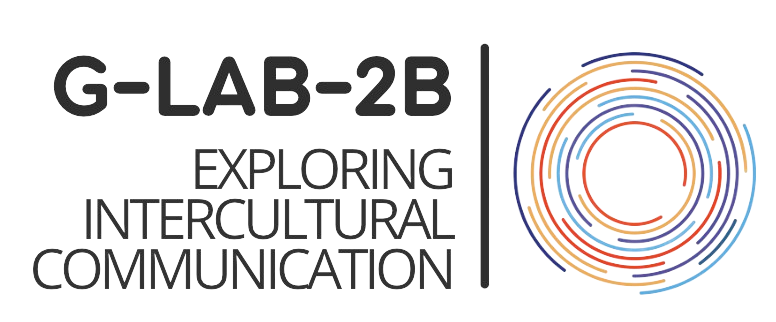This first phase of the ECOOPx research has been an intense and sometimes as well chaotic, but as well a deeply rewarding process.
It started with a simple and powerful question:
“How can cooperation emerge in an intercultural crisis and conflict environment?”
Now, as we reach the conclusion of phase 1 in our research journey, I want to take a moment to reflect, not only on the findings and frameworks we’ve developed, but on the deep spirit behind this work.
We call this model ECOOPx, Emerging Cooperation. It’ pretend and aspires to be an universal solution for intercultural cooperation as it offers six dimensions that shape how cooperation can emerge even (and especially) in situations of tension and breakdown: Communication, Trust, Urgency, Organization, Shared Vision and Resonance.
Each one reflects not only a theoretical understanding, but the lived realities we observed in our documentary research, dialogues and real-world case studies.
At this point, ECOOPx feels less like an academic abstraction and more like a living map we can walk together.
To get there we didn’t isolate ourselves in an academic tower, like it sometimes happens when we are obsessed with questions we search answers for. Instead, we listened, we invited others to co-think with us, mediators, peacebuilders, teachers, change champions, political leaders, and voices from students and communities which are often overlooked in global strategies. We explored conflict not only as a problem, but as a turning point, a chance to reconnect, transform and rebuild.
Personally, this phase marks a turning point for me as well. After years of teaching at universities and working in intercultural environments, I felt the need to go deeper, to understand why humanity in important questions and issues is not able to cooperate although we have the tools, the knowledge the channels and the resources to do it? Digging deeper, and not only to analyze the crisis itself, but to develope tools and relationships that can transform them. ECOOPx could be the beginning of that response.
In the coming phases, we’ll be enriching the ECOOPx model through interviews, field dialogues with people around the world. The ultimate goal has to be to create not only academic output, but a real contribution to practice like from policy-making to organizational change and even gamified learning for schools.
The publishing of phase 1 is therefore not the end of a chapter, but the start of a shared invitation:
To look together in the same direction, think together, to cooperate and to build bridges.
Thank you to all who walked this first path with us.


